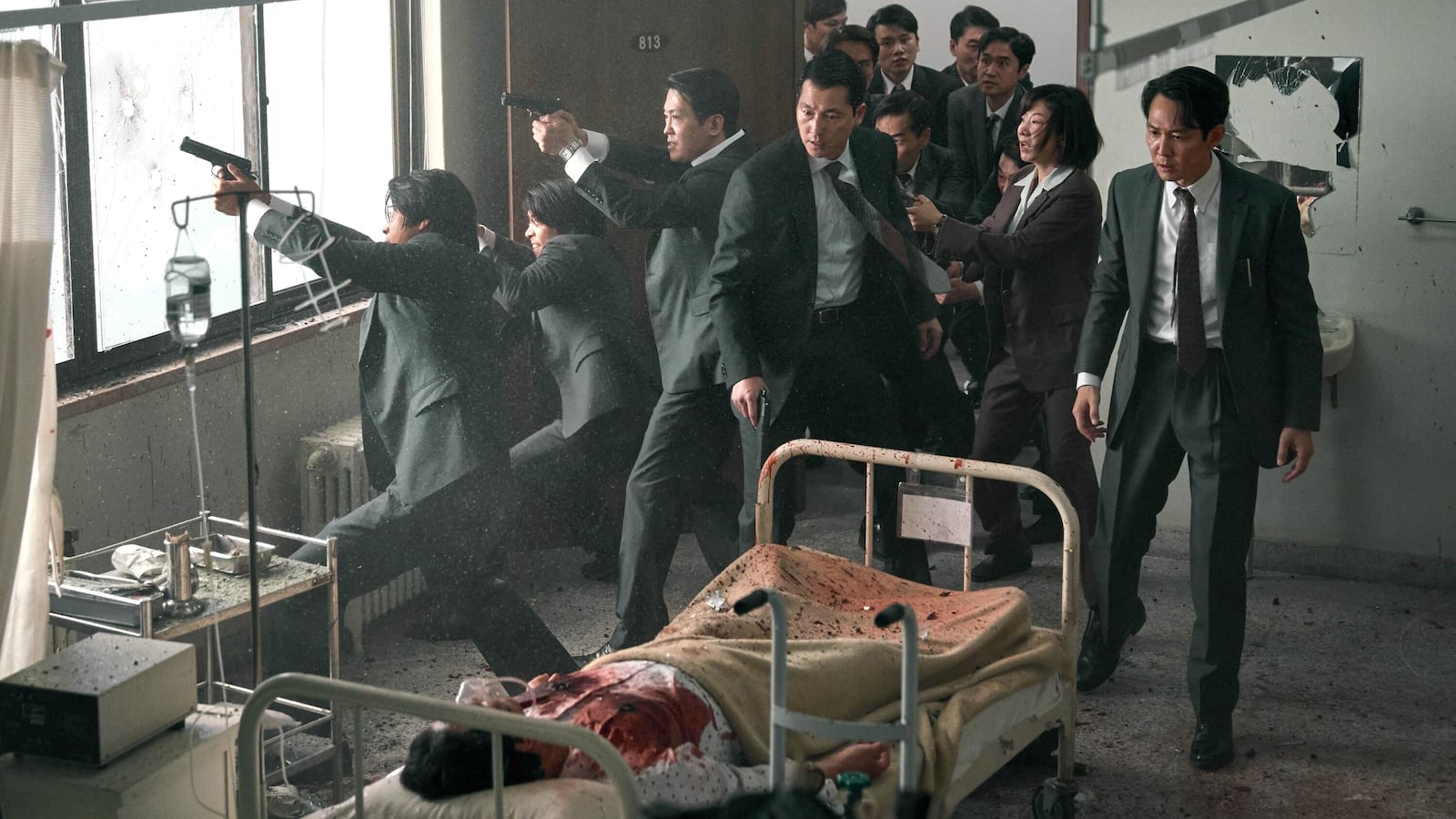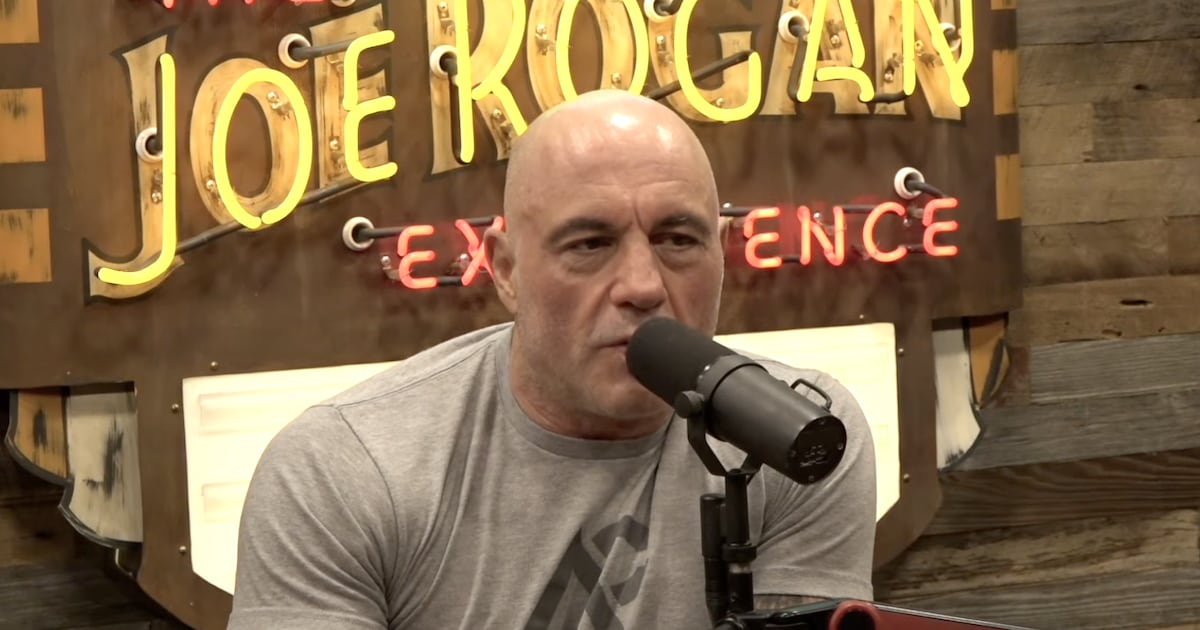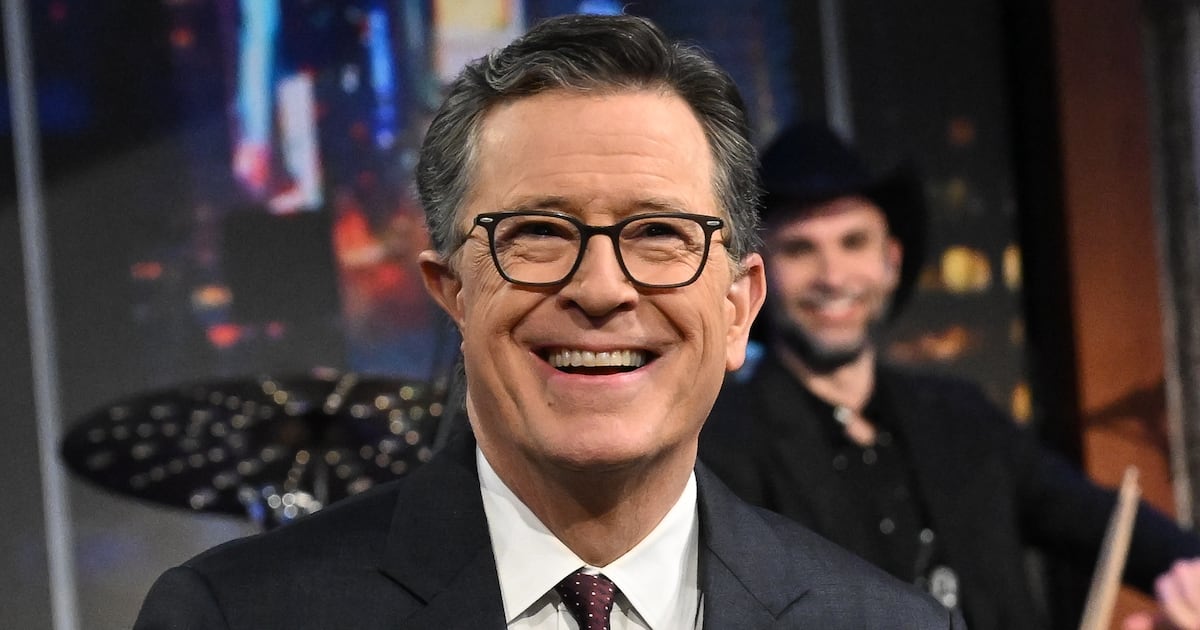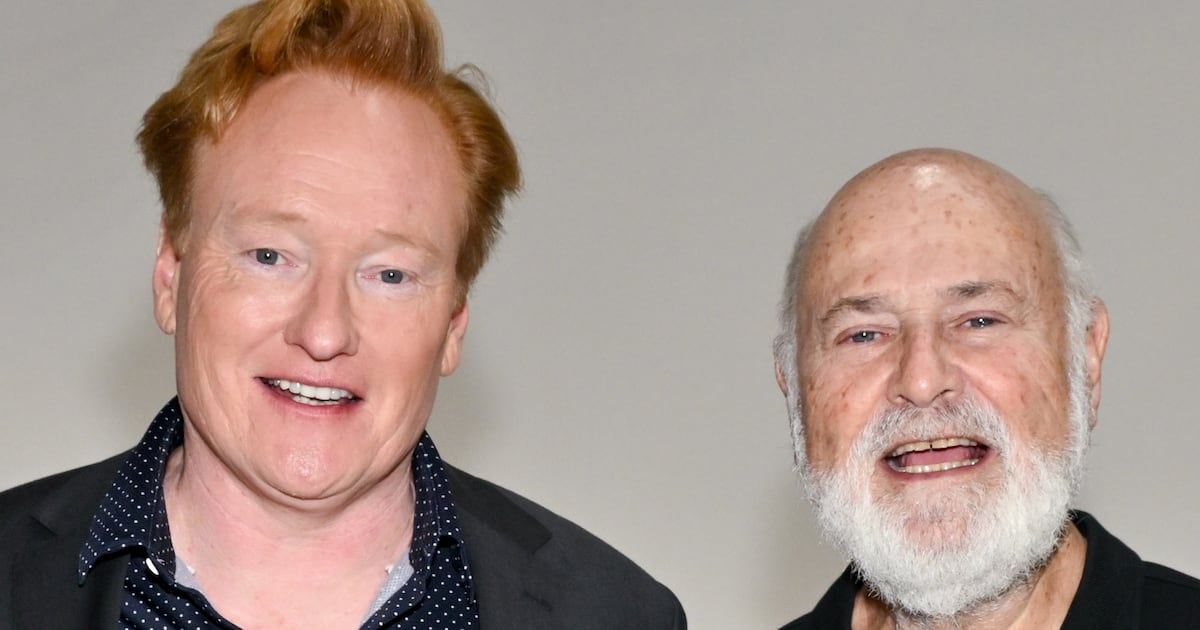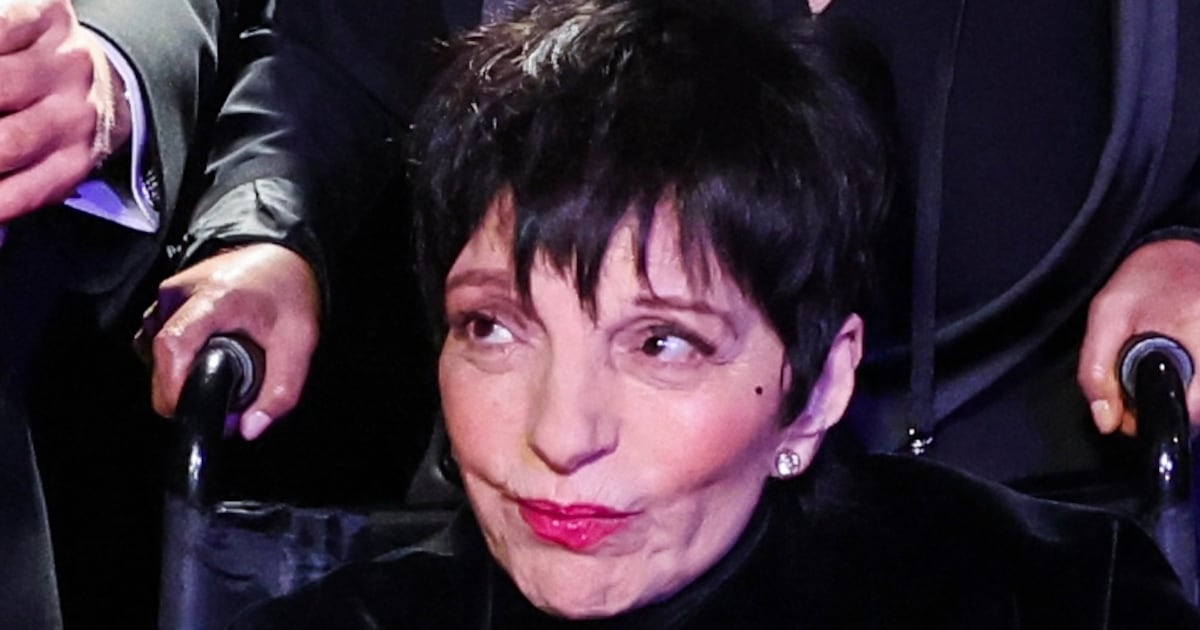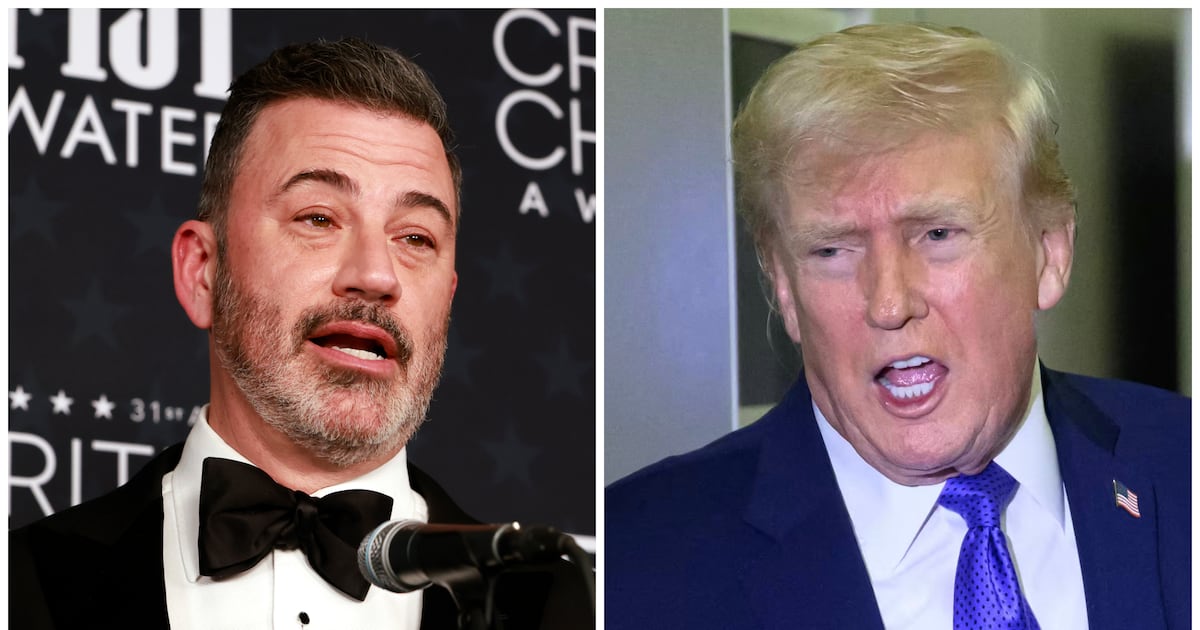Hunt is—excitingly or disappointingly, depending on your preferences—not a gritty, character-based reboot of the Mission: Impossible franchise, but instead a political thriller from South Korea, made by Squid Game’s breakout star Lee Jung-jae in his directorial debut. The fact that Hunt is so clearly a debut, with all the messy, bumpy execution that that implies, is partially offset by the film’s sheer energy and its walloping budget, which help turn the whole exercise into a wham-bam guns ‘n’ explosions romp.
At the outset of Hunt, a series of stern title cards and hilariously broad exposition scenes feed us a lot of information as to the political situation in which the movie is embedded: that is, the apex of military dictatorship in South Korea in the 1980s, when the country was seeking a path toward Western growth. In these opening vignettes, the camera works busily, ferreting its way through crowds, zooming hither and thither, and generally giving a fine sense of urgency, as intelligence officers watch over a student demonstration that has the potential to turn violent—which it does, suddenly and almost parodically, launching the film into wholly different territory, as it then turns into a straight-up, essentially apolitical shoot-‘em-up. Here, with the violence turned up to eleven, Lee Jung-jae indulges in some big set pieces that clearly interest him more, and have consequently been given more budget, than all the stuff to do with political intrigue. This pre-credits sequence gives the measure of the film as a whole, which sometimes seems to lose track of its own intentions, or become weirdly bored of its own narrative beats, before summoning some energy for a crunchy fist fight on a staircase.
As to the story itself: Jung-jae, directing himself in one of two lead roles, plays Park Pyong-ho, an intelligence officer whose investigation into the existence of a mole within his organization brings him into conflict with Kim Jung-do (Jung Woo-sung), another spy chief. Park and Kim are not terrifically well delineated, with both actors bringing a stern, hard-boiled intransigence to their roles. Indeed, the enmity, and then collaboration, between these two mismatched cop figures brings to mind, in an unflattering way, the bruising dynamic between Guy Pearce-Russell Crowe in L.A. Confidential: in that film, both characters are allowed to push up against one another, complement each other, and grow together—while in Hunt, the protagonists are merely offered a series of hot-blooded encounters, a big old dust-up in the corridors of power, and a final set piece with the world exploding all around them. This is all very well for the purposes of delivering a messy action vehicle, but begins to pall somewhat around the 80-minute mark, when the film is still, stubbornly but half-heartedly, trying to get you interested in some emotional subplot.
Hunt fares rather more happily in its action segments: a big shoot-out at a dry-cleaning store; a smaller shoot-out-slash-torture scene in the villains’ secret digs; a car chase followed by a medium-sized shoot-out; an enormous shoot-out during an official visit from the president. Here, although the edit needs a tidy-up and action-film clichés abound, Lee Jung-jae summons a verve that is lacking elsewhere. That is visible in Hunt’s sheer bloodthirst. Although the movie’s fighting is somewhat stylized according to the codes of the genre, we are still allowed to hear the human cost of it: the gnarly shattering of bones, the drenching of gore on a shirt collar, the vicious stamp-stamp-stamp of a boot on a quickly changing face. There is a surprising amount of machine guns in this film, as well as hand grenades, handguns and sundry explosives, which translates into a really quite iconic body count by the film’s completion. At times, Hunt’s uberviolence (there’s also a lot of torture!) threatens to turn parodic, or cartoonish: it is sometimes reminiscent, in this respect, of the mock car chase in The Blues Brothers that goes on for so long that one of the protagonists starts to fall asleep. These accesses of bloodlust also detract from the film’s storyline, of love and betrayal or whatever, which never gets the slightest chance to hit home.
Lee Jung-jae, who co-wrote the script on top of directing and performing, does show some promise in this film, which can be quite snappy from a formal point of view: atmospheric lighting, a nifty score, and a decent eye for composition help keep the show on the rails, even as the film lumbers toward its eventual finish with several maddening false finales. Hunt scores when it displays focus rather than trying to do too much all at once: this is the sort of tidying up that a gimlet-eyed producer can hopefully bring on board for the actor-director’s following venture. Perhaps the next one doesn’t need to take the temperature of a country, dissect masculinity, deliver a twisty whodunnit and stage several paroxysms of violence, but could instead set its sights on merely offering up some perfectly weight-free murders, blithely unencumbered by meaning.

